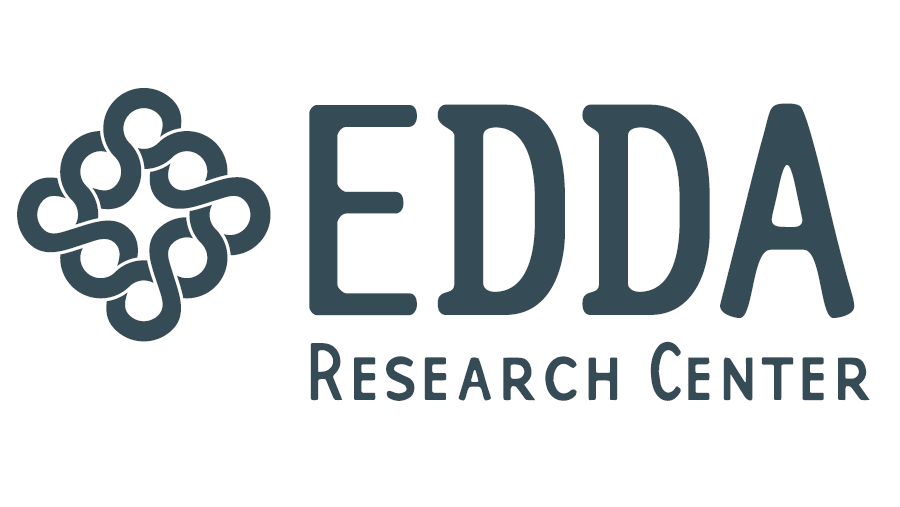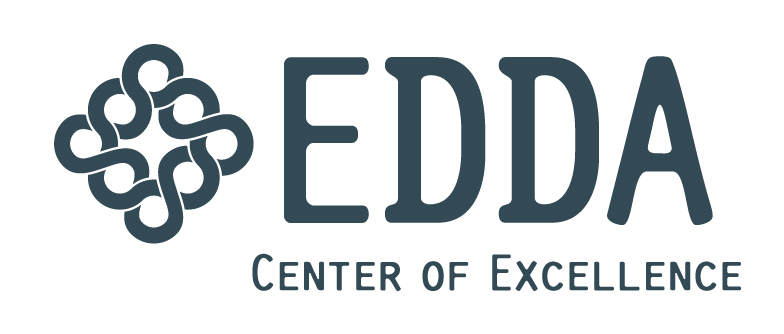EDDA – Center of Excellence, NORDWEL and REASSESS have issues a second call for papers for the upcoming conference Crisis and Renewal: Welfare States, Democracy and Equality in Hard Times. The deadline to submit abstracts is February 1.
———————————-
Crisis and Renewal: Welfare States, Democracy and Equality in Hard Times
Second Call for Papers
Crisis and Renewal:
Welfare States, Democracy and Equality in Hard Times
An interdisciplinary conference jointly held by NORDWEL, REASSESS and EDDA, University of Iceland, Reykjavik, June 2011
Date: 2–3 June 2011.
Place: University of Iceland, Reykjavik.
Organizers are the three following centres of excellence: The Nordic Welfare State – Historical Foundations and Future Challenges (NORDWEL), Reassessing the Nordic Welfare Model (REASSESS), and EDDA– Center of Excellence.
Aim and themes
The economic crisis of 2008–2010 has had a major impact on the social and political systems of European states from Greece in the South to Iceland in the North. It puts an increased strain on the welfare state which now faces the double burden of growing needs and reduced resources. In many countries, the crisis has seriously undermined established social rights and caused political turmoil in which fundamental issues about political legitimacy, governance and responsibility have been called into question. The aim of this conference is to encourage discussion across disciplines on the impact of economic crises on democracy, equality and social welfare in the context of the current crisis as well in an historical perspective. We invite proposals for papers that analyze these issues, with particular emphasis on the following themes:
The welfare impact of the economic crisis on individuals, groups and classes. How has the current economic crisis affected different groups and classes in terms of e.g. poverty, unemployment and health? Can new family survival strategies be discerned?
Social policy: consequences and reaction. What are the effects of major crises, past and present, on the welfare system? What has been the impact of the current crisis on welfare policies? Are budget cuts used to reinforce liberal ideological agendas of “downsizing” and of reducing the role of the state in society? Are the boundaries between the individual and the state as well as the national and the international being redrawn?
Men, women and economic crises. Is the impact of economic crises different for women than men? How sensitive are policy-makers to the gender dimensions in responses to economic crises and, more generally, in strategies to promote employment and equality in the labour market? Has the crisis affected people’s attitudes towards gender roles? Has it influenced the gendered division of labour, both within the home and between the home and the labour market?
Politics of reconstruction. Modern welfare states are at crossroads as they try to work their way out of the crisis. One path is the social investment strategy and the stimulation of the economy; another is cutting state budgets and retrenching the welfare state. How has the economic crisis affected basic democratic institutions and political landscapes? Does it make sense to talk about right wing and left wing strategies of reconstruction or will structural pressure lead countries down the same path? Are there any viable alternatives? The severity of the current crisis, in some countries, has led to political crises in which the legitimacy of political institutions has been called into question. How is the reconstruction going to take place? Are reforms likely to strengthen or weaken established social citizenship rights and what are the determinants of the outcome? In a broader historical perspective, how has the relationship between social rights and democracy evolved over time and how has it been affected by crises?
Keynote speakers: Diane Perrons, Professor in Economic Geography and Gender Studies, LSE; Michael Freeden, Professor of Politics, University of Oxford; Christopher Lloyd, Professor in Economic History, University of New England; and Stefán Ólafsson, Professor of Sociology, University of Iceland .
Paper proposals (ca. 250 words) as well as full contact information and details of current institutional affiliation should be sent to Kolbeinn Stefansson (kolbeinn@hi.is). The deadline for submission is 1 February 2011. Authors of submitted proposals will be notified no later than 1 March, 2011.
For further information please contact Kolbeinn Stefansson (kolbeinn@hi.is) and/or consult EDDA website: www.edda.hi.is
The conference is organised by three centres of excellence, NORDWEL, REASSESS and EDDA, and will be hosted by the University of Iceland. The organising committee include: Prof. Pauli Kettunen (Helsinki University), Prof. Klaus Petersen, Director of the Centre for Welfare Research (University of Southern Denmark, Odense), Ass. Prof. Irma Erlingsdóttir, Director of EDDA – Center of Excellence (University of Iceland), Prof. Sigríður Þorgeirsdóttir (University of Iceland), Prof. Gudmundur Jonsson (University of Iceland) and Kolbeinn Stefansson, Project Manager at EDDA (University of Iceland).

